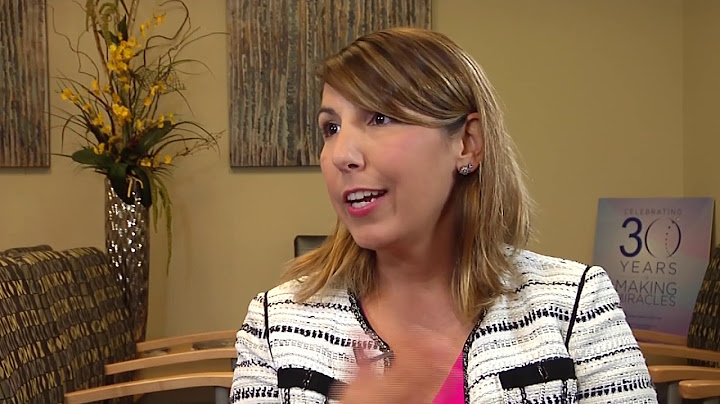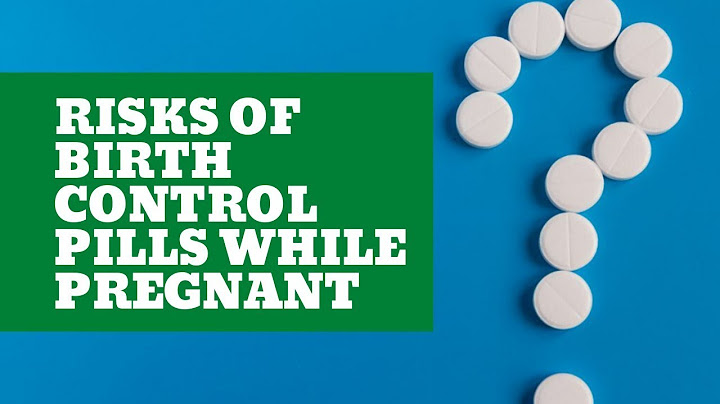| Blood glucose that gets too high or too low can be dangerous. To stay safe and healthy, check your blood glucose regularly and watch for certain symptoms, like being very hungry, tired or sleepy. If your blood glucose is outside the normal range, take the steps described below to start feeling better. Show
High Blood Glucose: HyperglycemiaHyperglycemia means that you have too much blood glucose. It happens when your blood glucose level is around 200 mg/dL or higher. Hyperglycemia can happen if you miss taking your diabetes medications, eat too much or do not get enough exercise. Sometimes, the medications you take for other problems cause high blood glucose. Symptoms of hyperglycemia include:
If you have these symptoms, check your blood glucose right away. If it’s too high, follow these steps:
High Blood Glucose: Diabetic Ketoacidosis (DKA)If your insulin level is too low, your blood glucose could become so high that it is unsafe. You might develop a serious problem called diabetic ketoacidosis (or DKA). This usually happens in people with Type 1 diabetes and those with glucose levels over 500. If you have DKA, chemicals called ketones start to make a lot of acid in your body. The acid and high blood glucose can make you very sick. You might also become dehydrated (lose body fluid). You can prevent DKA by carefully giving yourself the correct insulin dose every day. If you have any of the following symptoms of DKA, get to your local emergency department right away. You need to be treated with insulin and fluids that are given to you through an IV (a thin tube placed in your arm):
Low Blood Glucose: HypoglycemiaHypoglycemia can occur when blood glucose drops below normal levels or drops too quickly. Your blood glucose level is too low if it is under 70 mg/dL. Hypoglycemia can be caused by:
You can have hypoglycemia without any symptoms. That makes it important to check your blood glucose levels regularly. When hypoglycemia does cause symptoms, they can include:
If you have these symptoms, check your blood glucose right away. If it is too low (under 70 mg/dL), take something with sugar right away. This quickly raises your blood glucose level. Some good options include:
You should also check your blood glucose again after 15 minutes. If it’s still low, again take something with sugar. Check your blood glucose level again after another 15 minutes. If it is still low, call a member of your diabetes team. If your next meal is more than an hour away, eat a small snack. *The content on this website is for informational purposes only and is not medical advice. Please consult a physician regarding your specific medical condition, diagnosis and/or treatment. High blood sugar (hyperglycaemia) is where the level of sugar in your blood is too high. It mainly affects people with diabetes and can be serious if not treated. People with diabetes can also have blood sugar that's too low. This is called low blood sugar (hypoglycaemia). High blood sugar levelsIf you have diabetes, you can find out if your blood sugar level is high by having a blood sugar (blood glucose) test. You may have regular tests by your care team or GP surgery, or you may have tests you can do at home. Types of diabetes test and high blood sugar levels.Type of testHigh levelTest done by a health professional to check your blood sugar level over the last 2 or 3 months (HbA1c test)48 mmol/mol or over (6.5% if you're given a percentage)Test done by a health professional after not eating for a few hours (fasting glucose test)Over 7 mmol/LHome test done after waking up or before eatingOver 7 mmol/LHome test done at any other timeOver 11 mmol/L Important: ImportantThese blood sugar levels are a guide. Your levels may be different depending on your age and the type of diabetes you have. Check with your doctor or care team. Symptoms of high blood sugarSymptoms of high blood sugar usually come on gradually and may only start when your blood sugar level gets very high. Common symptoms include:
Causes of high blood sugarCommon causes of high blood sugar in people with diabetes include:
You can also get high blood sugar if your diabetes medicine is not working well, you're taking certain medicines (such as steroids) or you recently had an operation. How to lower your blood sugarIf you have diabetes, it's important to try to stop your blood sugar level getting too high. Do
Don’t
Non-urgent advice: Speak to your care team or GP surgery if:
Problems caused by high blood sugarIt's not usually a serious problem if your blood sugar is sometimes slightly high for a short time. But high blood sugar can cause serious problems if it stays high for a long time or gets to a very high level. It can lead to:
If you have high blood sugar, your doctor or care team may ask you to test your blood or pee to check for ketones. A high level of ketones is a sign of diabetic ketoacidosis. What does it feel like when your blood sugar is too high?feeling or being sick. abdominal (tummy) pain. rapid, deep breathing. signs of dehydration, such as a headache, dry skin and a weak, rapid heartbeat.
What should you do if your blood sugar is too high immediately?When your blood sugar level gets too high — known as hyperglycemia or high blood glucose — the quickest way to reduce it is to take fast-acting insulin. Exercising is another fast, effective way to lower blood sugar. In some cases, you should go to the hospital instead of handling it at home.
When should I go to the ER for high blood sugar?For adults, if you start to feel drowsy or disoriented or if your blood sugar continues to rise, for example, above 20.0 mmol/L, call 911 or other emergency services immediately. It's best to have someone with you if your blood sugar is this elevated so that the person can call for you.
What are the 10 signs of high blood sugar?Early signs and symptoms of diabetes. Frequent urination. When your blood sugar is high, your kidneys expel the excess blood sugar, causing you to urinate more frequently. ... . Increased thirst. ... . Fatigue. ... . Blurred vision. ... . Increased hunger. ... . Unexplained weight loss. ... . Slow healing cuts and wounds. ... . Tingling or numbness in the hands or feet.. |

Related Posts
Advertising
LATEST NEWS
Advertising
Populer
Advertising
About

Copyright © 2024 nguoilontuoi Inc.















